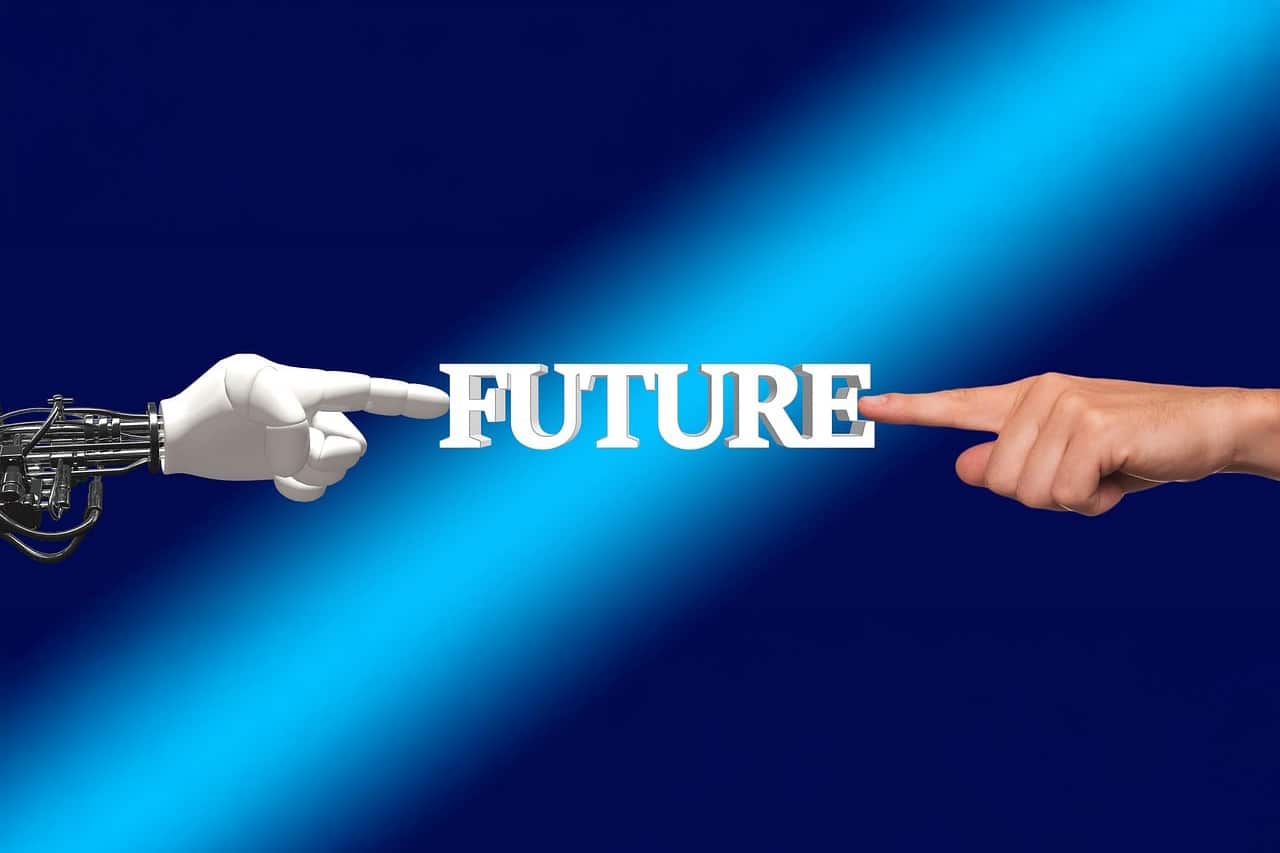Introduction
Artificial Intelligence (AI) is reshaping how organisations attract and evaluate talent. Nowhere is this shift more significant than in senior hiring, where leadership decisions shape the culture, direction, and long-term strategy of a business.
AI-driven recruitment tools promise unmatched efficiency, but as technology advances, so does the need to protect the human touch in executive recruitment. When it comes to leadership roles, empathy, intuition, and strategic alignment remain as vital as data analytics and automation.
This article explores how AI is transforming executive hiring and why human judgment must remain at the heart of decision-making.
AI’s Growing Role in Senior Hiring
From resume-screening software and predictive analytics to AI-powered chatbots, technology has streamlined many recruitment stages. These tools help identify potential leaders quickly, filter large applicant pools, and even spot passive candidates through data analysis.
The benefits are tangible: faster hiring cycles, improved accuracy in skill matching, and reduced human bias in early screening. For fast-growing tech firms or scaling startups, AI in recruitment offers structure and speed at scale.
However, there’s another side to this innovation. Algorithmic bias can creep in if systems are trained on incomplete or skewed data. Moreover, AI struggles to measure soft skills, leadership presence, emotional intelligence, or cultural fit which are often the deciding factors for executive success. Overreliance on automation risks turning a deeply human process into a transactional one.
The Irreplaceable Human Element
Even in a data-driven age, leadership hiring thrives on human insight. Senior recruiters and hiring managers bring intuition that algorithms can’t replicate, the ability to read between the lines, sense potential, and interpret motivation.
In many successful executive hires, human judgment was the deciding factor: a meaningful conversation, shared values, or an instinctive understanding of fit. These subtleties are hard to capture in an algorithmic model but crucial for long-term success.
The future lies in collaboration, AI as an assistant, not a replacement. Recruiters who can interpret AI insights while applying emotional intelligence will make stronger, more balanced decisions.
Conclusion
AI is a powerful ally in senior and executive recruitment, improving efficiency, consistency, and reach. Yet, technology must complement, not replace, the uniquely human skills of empathy, intuition, and judgment.
As AI in HR continues to evolve, companies should invest both in advanced hiring technology and in developing emotionally intelligent leaders who can interpret its insights. This dual focus ensures hiring remains both data-informed and deeply human, a combination that builds stronger leadership teams and more resilient organisations.
To discuss your hiring plans: Click Here to book a call

